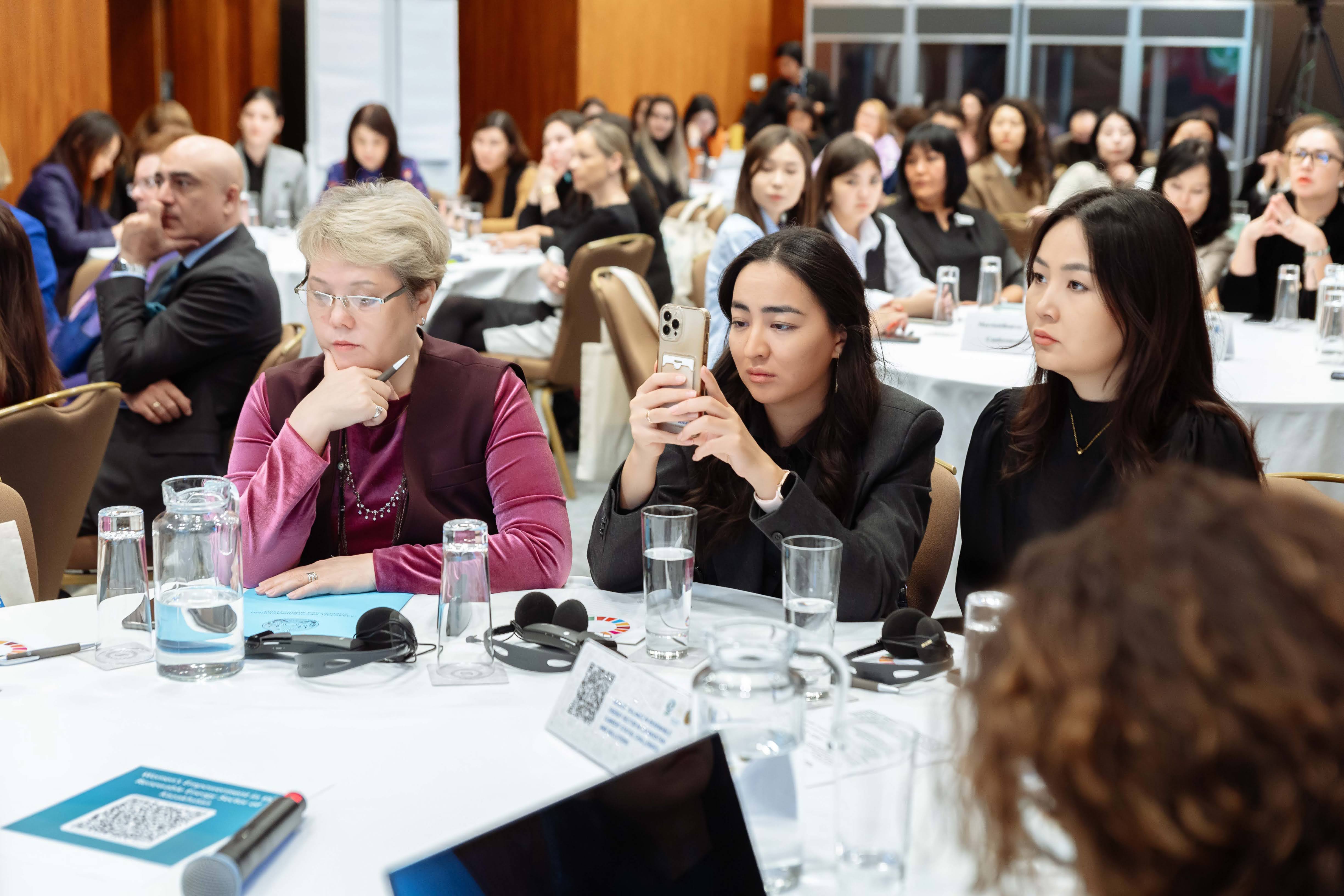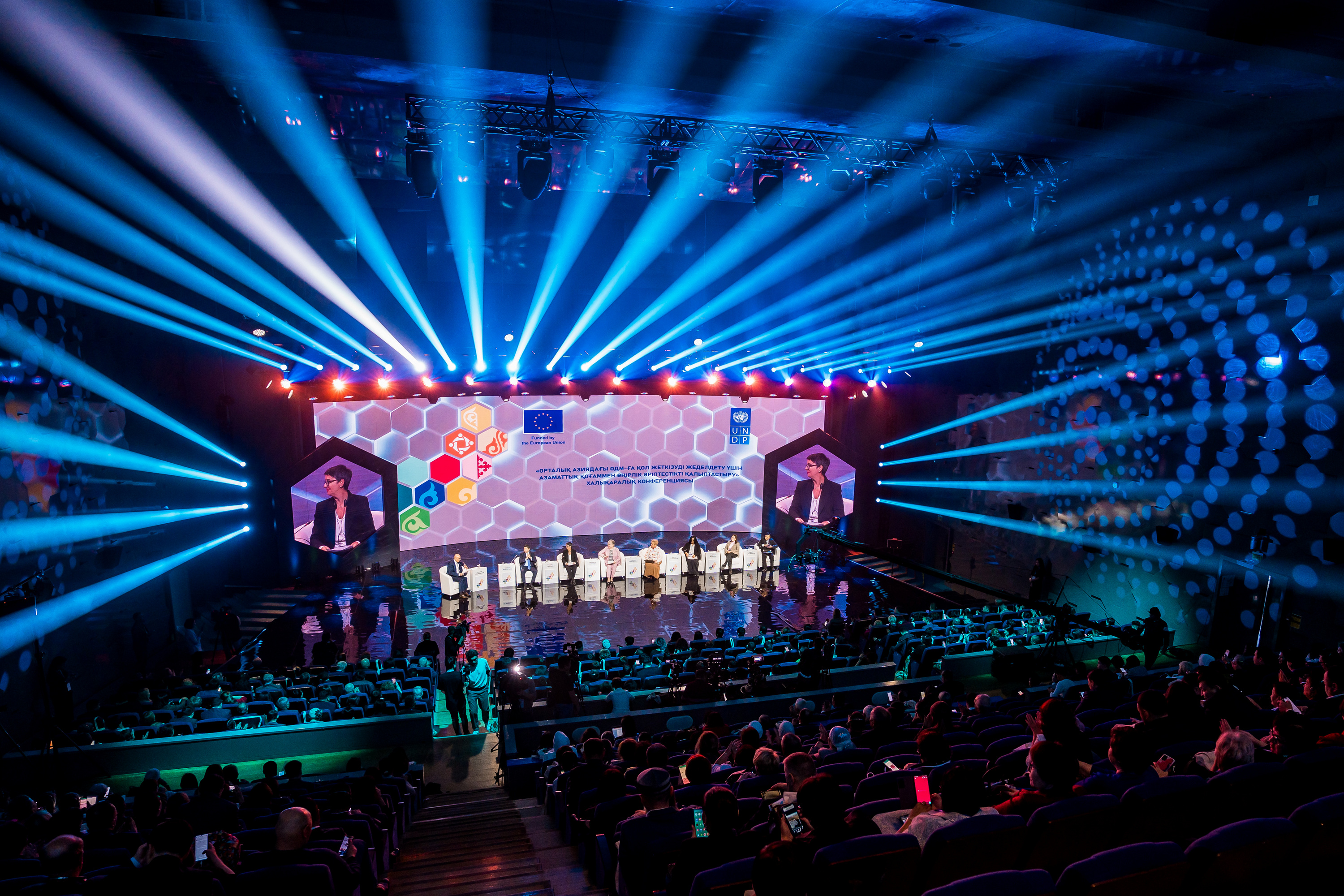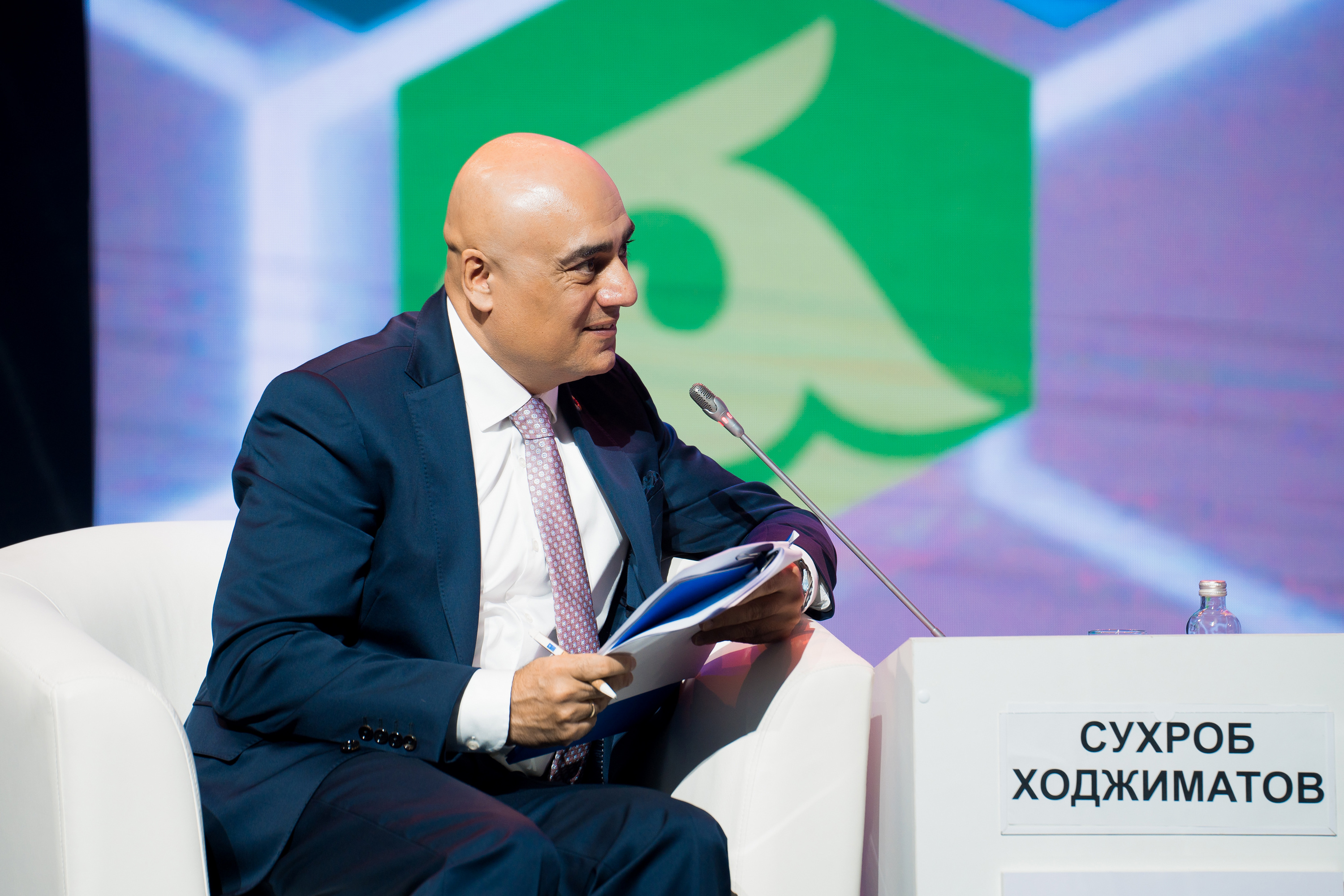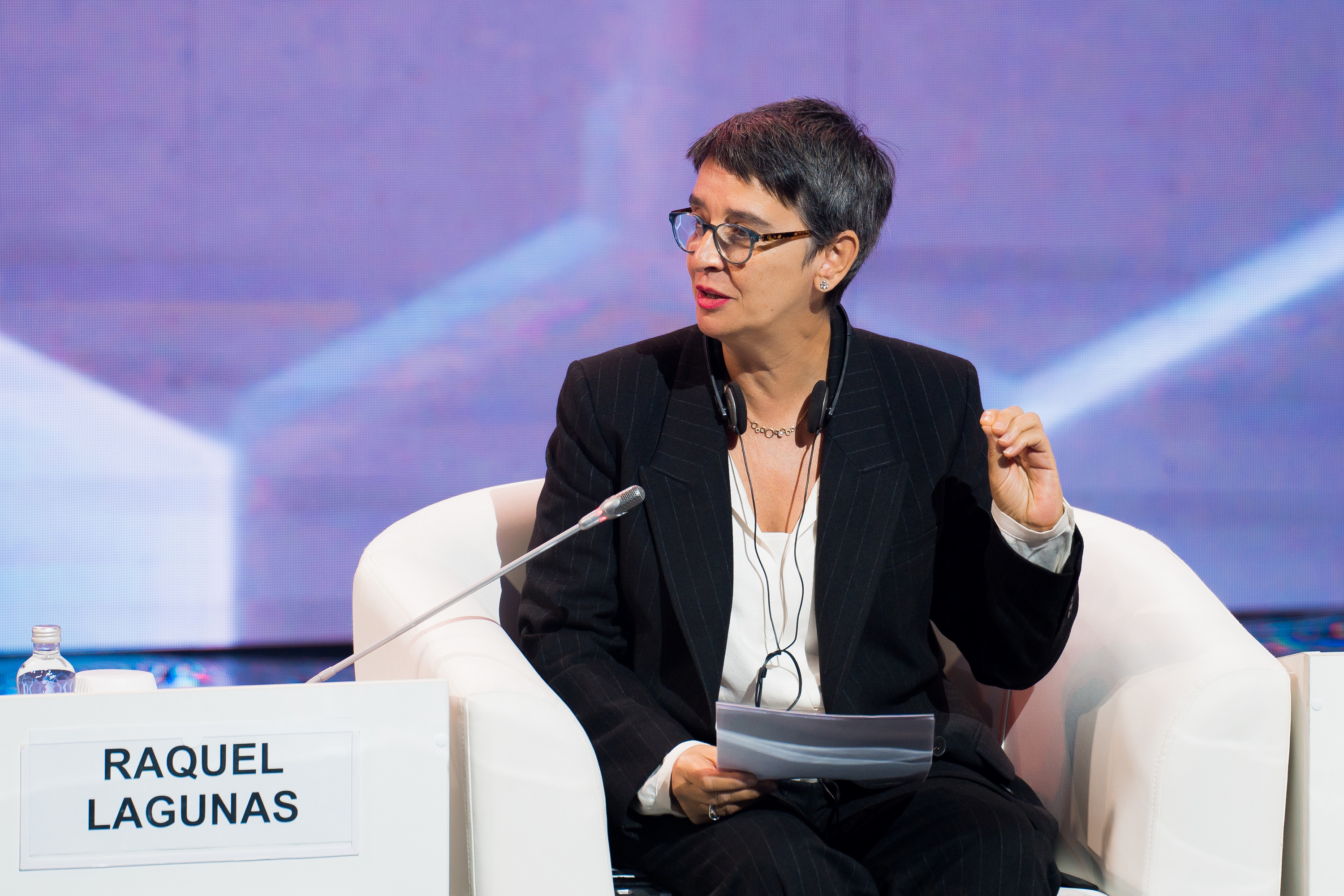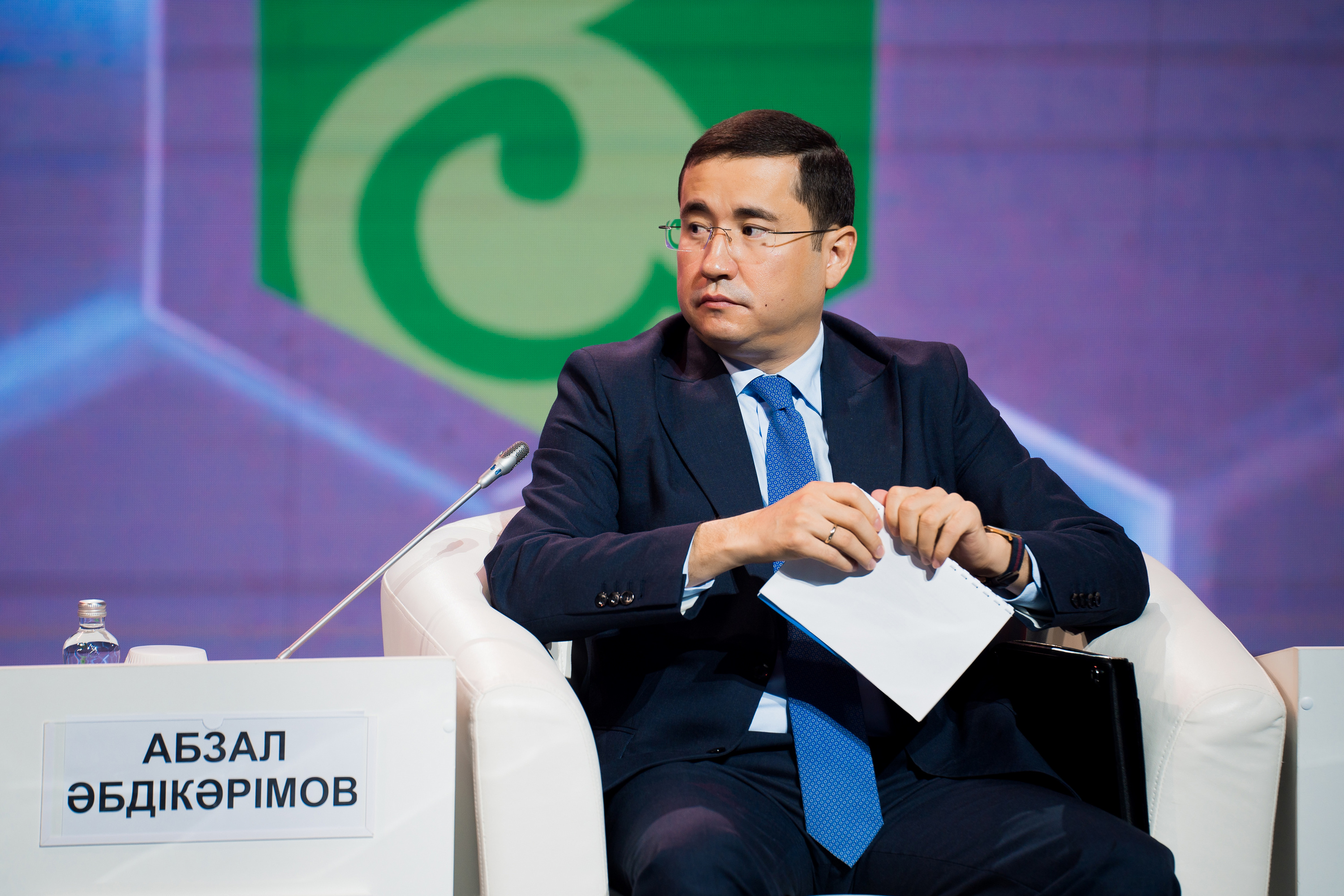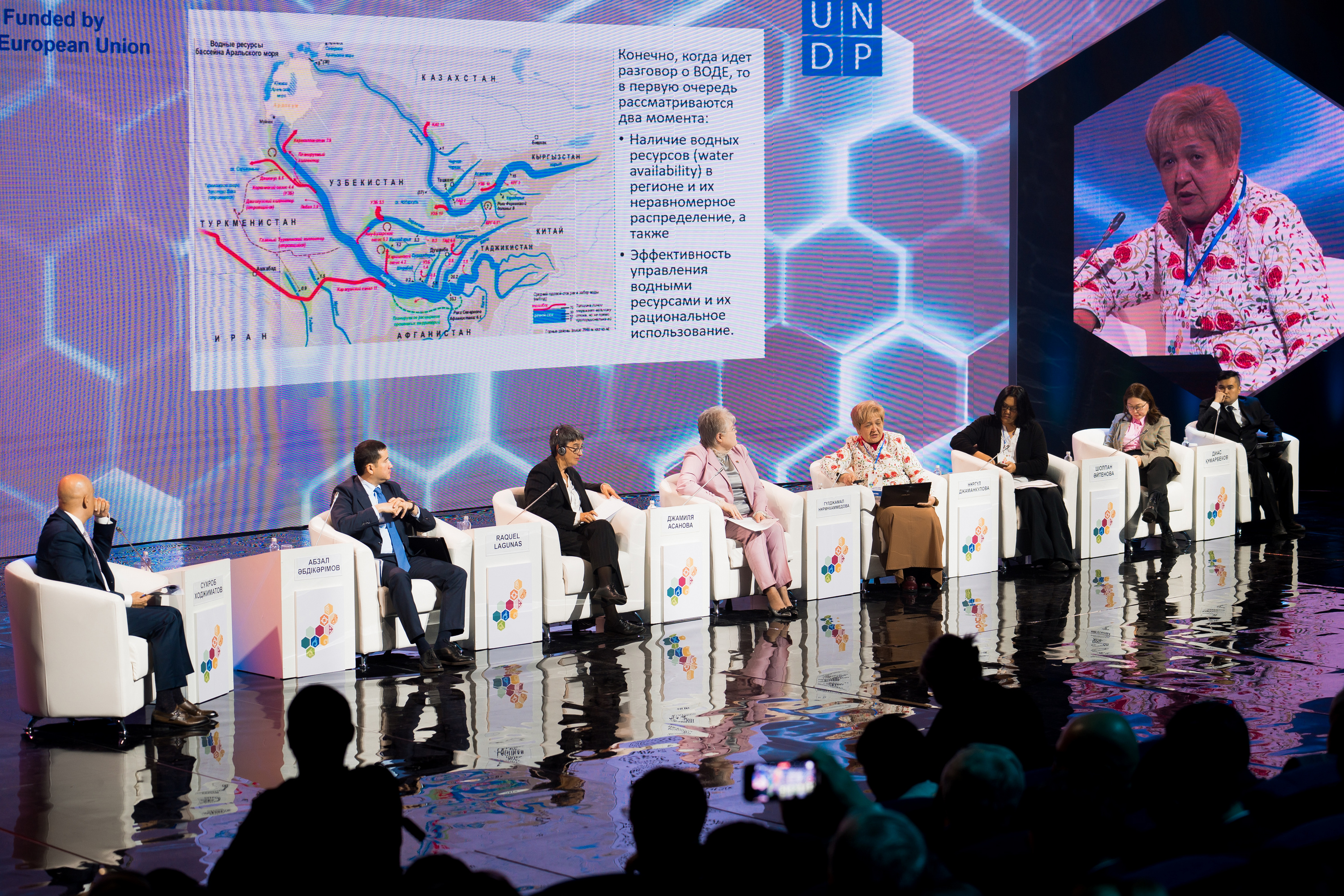UNDP Global Director of Gender Equality underlines Kazakhstan’s progress and calls for deeper transformations
October 27, 2023
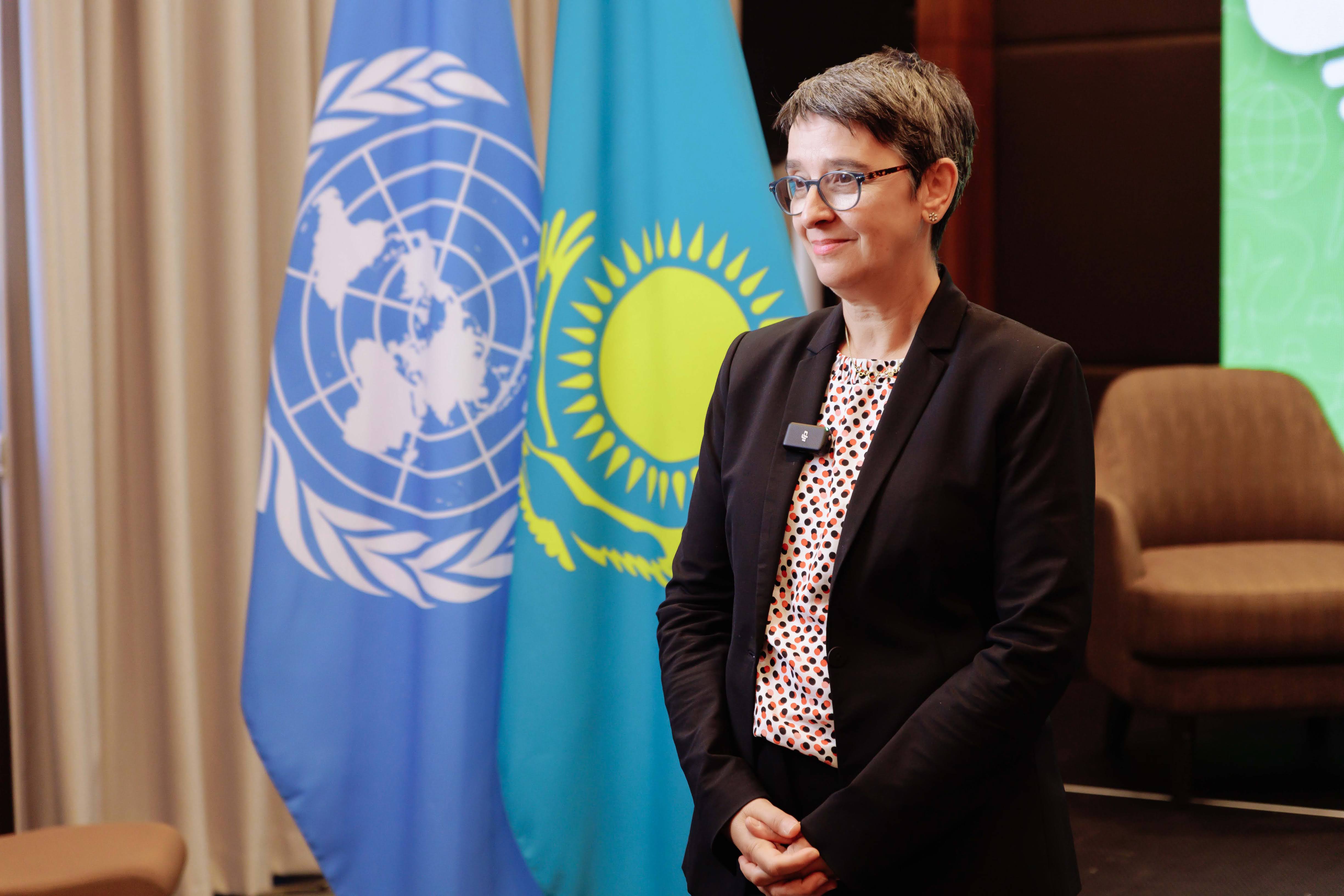
Raquel Lagunas, the United Nations Development Programme's (UNDP) Global Director of Gender Equality, visited Kazakhstan from 16 to 20 October to participate in several strategic events hosted by UNDP and national partners. The mission also enabled discussions on gender equality and highlighted priorities with members of parliament, the government and women’s rights organizations on the country's progress on gender equality and opportunities for future cooperation.
The mission of the Director commenced at the workshop hosted by UNDP Kazakhstan on women's empowerment in the renewable energy sector. Representatives from private and public sectors as well as academia discussed key trends and policy-level solutions to overcome gender inequalities. The event also celebrated the launch of the national “Women for Just Transition” network. The members who work in the renewable energy industry plan to bring women to the center of decision-making, bolstering their political, and economic participation, and access to clean energy.
The workshop hosted by UNDP Kazakhstan on women's empowerment in the renewable energy sector
"Gender equality and the empowerment of women is also not just a goal itself, is also pre-condition and it’s part of the solution of the world’s most significant challenges. When women are empowered and participate in all aspects of life, we unlock a powerful force of change. Gender equality is integrated seamlessly into UNDP's comprehensive support to national partners. Supporting a gender-responsive green transition that reduces inequalities through climate action plans, climate finance and natural resource management while enhancing women’s resilience and adaptation to climate change - are priorities outlined in the UNDP's Gender Equality Strategy 2022-2025,”said Raquel Lagunas opening the event.
The Global Director of Gender Equality held a dialogue with Evgeniy Kochetov, Vice Minister of Culture and Information of the Republic of Kazakhstan, to discuss the implementation of the Gender Equality Seal for Public Institutions programme. UNDP’s global signature programme - the Gender Equality Seal for Public Institutions - helps public institutions go the extra mile to create a society where women and men have equal opportunities. In Kazakhstan, UNDP launched this programme in cooperation with the Ministry of Culture and Information.
The meeting helped the parties to exchange ideas on how to proceed and the details of the certification process. The ministry covers strategic dimensions that are important for achieving gender equality, such as civil society, media, youth, and others. The programme was presented a week ago to Minister Aida Balayeva, who is firmly committed to meeting the benchmarks it proposes and promoting certification beyond the ministry.
Gender equality is one of UNDP Kazakhstan's key strategic priorities and the role of parliament is crucial in monitoring and achieving SDG 5. During the meeting with members of the lower and upper houses of parliament, the Global Director of Gender Equality discussed how to expand women's rights and opportunities in Kazakhstan through gender-sensitive legislation. The parties also stressed the importance of women's political leadership, including at the municipal level. UNDP will continue the gender mainstreaming approach to ensure equal participation of women in decision-making processes and increase their competitiveness in the labour market.
Global Director’s mission also covered participation in national-level conferences such as XI Civic Forum and the Demographic Conference hosted by the Ministry of Culture and Information and National Commission on Women’s Affairs and Family and Demographic Policy of Kazakhstan.
The Civic Forum session “Creating sustainable platforms in partnership with NGOs to achieve the SDGs in Central Asia brought together the United Nations Development Programme (UNDP), the Ministry of National Economy of the Republic of Kazakhstan, and several Central Asian NGOs to discuss the creation of sustainable platforms for cooperation.
XI Civic Forum in Astana, Kazakhstan
“A vibrant civic society is a key element in a democratic society. NGOs play a critical role responding to the real needs of people and have a huge potential to promote gender equality. At the current rate of progress we will not achieve the SDGs. For instance, it will take 140 years to achieve equal representation in leadership at the workplace. Do we want to wait this long? Achieving gender equality in Central Asia and in Kazakhstan is a shared responsibility”,said Raquel Lagunas, addressing the panel session.
On the sidelines of the Civic Forum, the UNDP team met with leaders of women’s rights organizations. Discussions revolved around the current challenges NGOs face in promoting gender equality and strategies for joint efforts. Participants highlighted several pressing concerns, including the limited understanding of gender equality issues among NGOs, the insufficient or lack of gender analysis in ongoing initiatives, and the opportunity to improve gender mainstreaming practices within CSOs. Civil society, including feminist organizations, women’s organizations and other rights advocacy groups, are indispensable partners in the implementation of the Global Strategy for Gender Equality 2022-2025 in advancing longer-term advocacy and policy goals.
In her opening address at the Demography Conference, Raquel Lagunas emphasized that demographic changes are both the causes and the consequences of many economic, environmental, and social changes in human history. Governments need systems and services that can ensure the detection, reduction, and redistribution of care. Currently, 2.1 billion people worldwide are in need of care, and this number is expected to rise to 2.3 billion by 2030. In Kazakhstan alone, women spend an annual average of 14.8 percent of their time on unpaid care and domestic work, compared to 4.9 percent for men.
At a meeting with the team of the National Chamber of Entrepreneurs "Atameken", a comprehensive overview of Kazakhstan's progress in the women entrepreneurship was presented to the Gender Director. The Deputy Chairperson of the Board highlighted the crucial role of UNDP in the implementation of the “Solidarity Fund” project. This project is a collaboration between the Ministry of Economy, the National Commission for Women's Affairs and Family and Demographic Policy under the President of the Republic of Kazakhstan and the NCE RK "Atameken", with support from the Asian Development Bank. Since the onset of the year, the Centre for Women's Entrepreneurship Development Centres has provided 9,643 services and consultations to 6,589 women. Of these, more than 6,600 women have benefited from expert advice and more than 1,600 have participated in specialized vocational and business training.
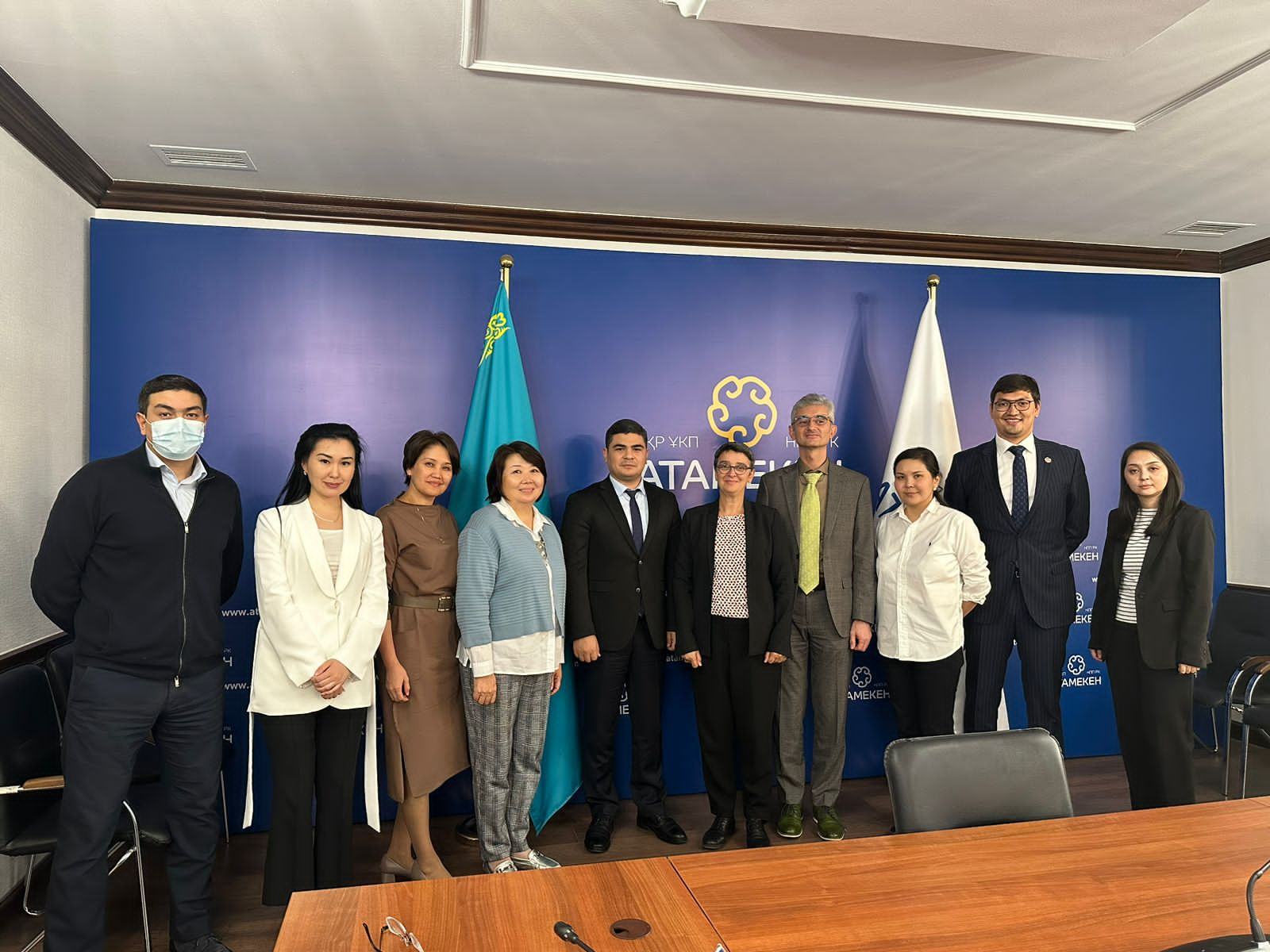
The UNDP Global Director of Gender Equality also held a working-level meeting with Alikhan Baimenov, Chair of the Steering Committee of the Astana Civil Service Hub. The parties agreed to hold joint events aimed at strengthening the gender capacities of participating countries of the Astana Hub and promoting the Gender Seal for Public Institutions as a framework to help review and develop a roadmap for gender equality goals.
The visit also included a meeting with members of the UN Gender Theme Group, a workshop for project managers on gender transformative programming and a meeting with UNDP staff where participants learned about innovative approaches they can explore in their projects, as well as an overview of meetings with national stakeholders. The gender mission provided a unique opportunity to share with partners on current challenges and demonstrated the strong commitment of UNDP global and national teams to build a stronger portfolio and support the country on its path towards achieving the SDGs, where gender equality is a top priority.

 Locations
Locations
